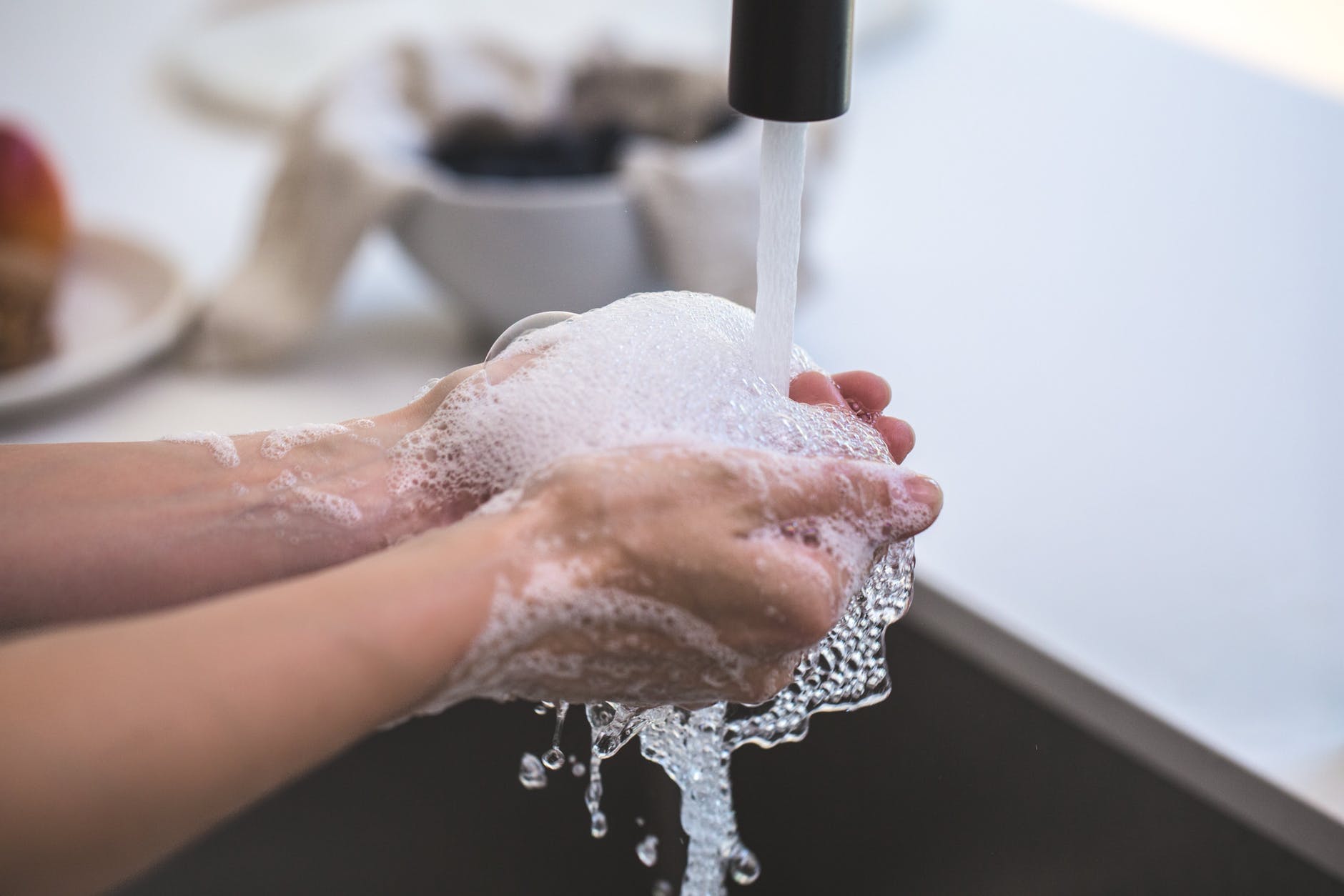Most of the products in every home can be hazardous if we do not follow the proper storage, usage or disposal procedures as per the guidance. Thus, if not followed the rules, it can be very harmful as these products can cause some serious environmental, health-related or fire hazards!
You are in good hands if you are clear enough in reading and following the required steps of using, disposing, and storing the chemical products.
Here are the guidelines in maintaining a “healthy relationship” with the chemical products around. Read on:
It is essential to know your products, their storage location, and most importantly, their purpose. Some products are dangerous than you can imagine. Here are some of the products categorized and listed for your convenience:
Laundry: Detergents, softeners, etc
Beauty and health: Nail paints, nail polish remover, hair sprays, hair coloring products, etc
Fluids: Windshield washer fluid, brake fluid, fuel, anti-freeze, oil, etc
Cleaners: Carpet fresheners, bleach, window cleaner, ammonia, air freshener, furniture polish, etc
Barbeque: Lighter fluid, charcoal briquettes, propane, etc
Garden or lawn: Gasoline, pesticides, oil, herbicides, etc
Home maintenance: Oils, paints, gas pressure washer, rat/mouse poison, cockroach spray, etc
Now that you are familiar with the categorized products, it will be easier for you to know their potentially dangerous effects if not used, stored or disposed of properly.
Harmful characteristics:
Corrosive: The materials can be destroyed by these products or their vapors
Toxic: These can be dangerous if inhaled, consumed, or even absorbed via the skin
Flammable: Very dangerous as these products are capable of catching fire in seconds and burning the things around
Irritant: If you feel your skin, eyes, respiratory system, or mucous membrane is swelling or some sort of soreness, then, that is due to the irritant products around you
CAUTION:
The products we use on a daily basis can be hazardous. So, be careful while using them. Throw them away if they are expired or filthy.
NOTE:
The medicines if not consumed according to the prescription can be hazardous
Guidelines:
Here is the detailed discussion which can be helpful for you to deal with the chemical products in your home. Take a peek to the guidelines before using any chemical products which are harmful:
- Whether it is a chemical product or medicine, the foremost thing to do is to keep far away from children
- Always read the warning/caution label. Make sure you read the details of the product on how to use it, dispose or store properly. On the label, you can always find the manufacturer’s contact if you need further assistance, details or queries
- As a safety measure, make sure you clean your hands or any part of your body exposed to the chemical product after the usage
- Always keep an eye on your chemical products while using. If you are in the middle of your task and you want to rush somewhere, either carry that chemical product with you or put it away
- Wear gloves, long sleeves, and mask if needed
- Do not use the chemical products which are already expired, leaking or dirty
- Learn the proper way to dispose of chemical products. If not, contact the concerned authority or person for guidance/assistance
- Do not place any chemical product near the food or among the food products
- If you are planning to shift the hazardous chemical product from its original container into another one, then, you are inviting a hazard!
How about putting a chemical fluid in an old milk can? Of course, as time passes, you will be left confused with what was put originally in the container.
Practicing this might also affect your child as he/she mere knows the difference between
milk or any other white colored fluid!
Beware:
Combining the 2 household products: Ammonia and chlorine bleach can be hazardous as it can cause respiratory injuries by producing the toxic gas
With all the facts and advice, it depends on us on how smartly we sort, separate, use, dispose or store the chemical products by following the basic and standard rules. After all, safety comes first!
















